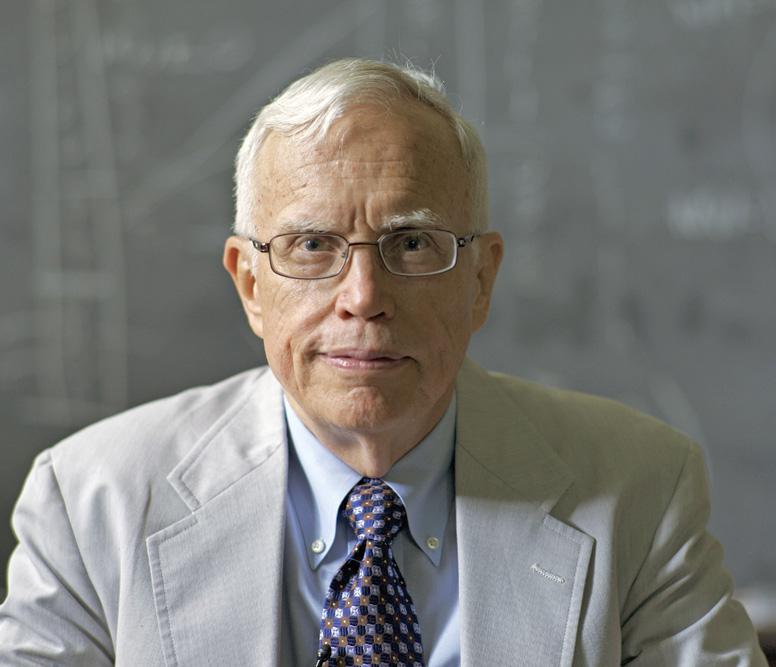Chad A. Mirkin

Chad A. Mirkin
FUTURE: NANOSCIENCE
Prof. Chad A. Mirkin is the George B. Rathmann Prof. of Chemistry, Prof. of Chemical and Biological Engineering, Prof. of Biomedical Engineering, Prof. of Materials Science and Engineering, and Prof. of Medicine and the Director of the International Institute for Nanotechnology at Northwestern University.
Prof. Mirkin is a world-renowned nanoscience expert, who has made fundamentally important contributions at the interface of nanoscience, chemistry, biology, and medicine.
Inventions uniquely attributable to Mirkin include: spherical nucleic acids (SNAs) and a suite of novel biological assays and therapeutic modalities based upon them and a series of widely used nanolithographies that enable the patterning of surfaces and nanowire structures (e.g., dip-pen, polymer pen, beam pen, scanning probe block copolymer, on-wire, and co-axial lithography). These innovations have changed our fundamental thinking about how to synthesize and manipulate structures on the nanoscale, and they have resulted in FDA-cleared processes and devices that have significantly impacted and improved human lives. He is one of the top-most cited and highly recognized scientist-engineers in the world and one of less than 20 scientists, engineers, and medical doctors to be elected to all three branches of the US National Academies (National Academy of Sciences (2010), National Academy of Medicine (2010), National Academy of Engineering (2009)).
Prof. Mirkin holds honorary doctorates from universities on three different continents, and he is the recipient of over 100 national and international medals and awards, including the American Institute of Chemists (AIC) Gold Medal (2016), the National Academy of Sciences Raymond and Beverly Sackler Prize in Convergence Research (2015), the Royal Society of Chemistry (RSC) Centenary Prize (2015), the Vittorio de Nora Award from the Electrochemical Society (2014), the Linus Pauling Medal (2013), the American Chemical Society (ACS) Award for Creative Invention (2012), the $500,000 Lemelson-MIT Prize (2009), the ACS Nobel Laureate Signature Award (2004), and the ACS Award in Pure Chemistry (1999).


